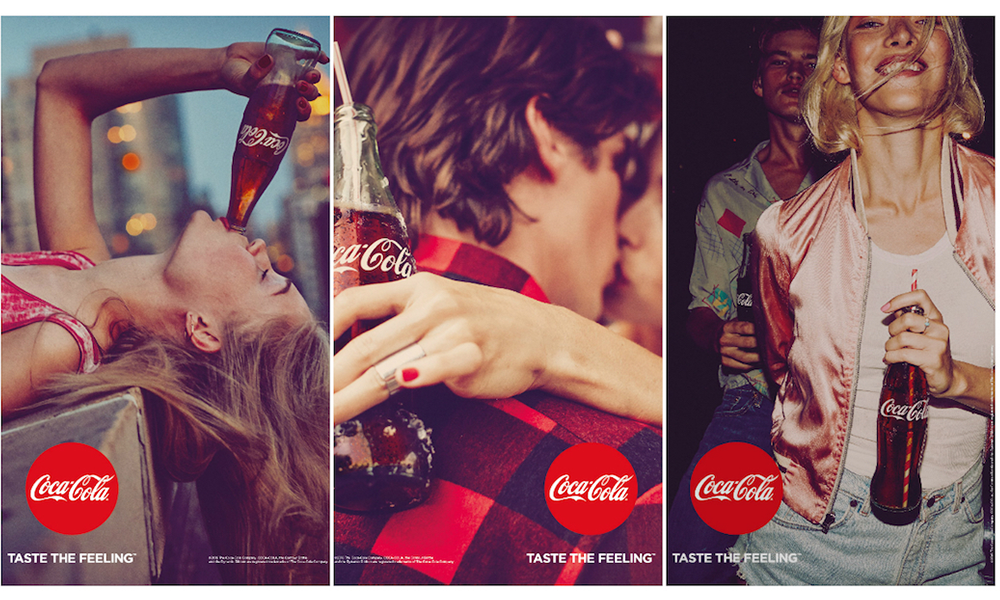I'll Have What She's Having - How Mirror Neurons Work
Mirror Neurons in the brain are neurons that fire when an
action is being performed and when that same action is being observed. Mirror
neurons respond to what is known as “targeted gestures” –meaning those
activities that involve an object.
This is what causes one to raise his arm when his team
scores a goal or when watching a movie and the heroine starts weeping, tears
well up in your own eyes? Or even the rush of exhilaration you feel when Vin Diesel
dispatches a villain- or that alpha male stride-in-your-step you feel an hour
after the movie ends.
When we watch someone doing something, our brains react as
if we were actually performing these activities ourselves. In short, it’s as if
seeing and doing are the same.
Mirror neurons are also responsible for why we often
unwittingly imitate other people’s behavior. This tendency is so innate, it can
even be observed in babies- just stick your tongue out at a baby and the baby
will very likely repeat the action.
The same mirror neurons make humans mimic each other’s
buying behavior. So when we see a pair of unusual earphones sticking out of
someone else’s ear, our mirror neurons trigger a desire in us to have those
same cool-looking accessories too. But it goes deeper than just simple desire.
But mirror neurons don’t act alone. Often, they work in tandem
with dopamine. Dopamine is one of the most addictive substances known to man-
and purchasing decisions are driven in part by its seductive effects.
We’ve all heard the term ‘retail therapy’ and as we all
know, shopping can be addictive. But does it actually make us happier? All
scientific indicators point to yes- at least in the very short term. And that
dose of happiness can be attributed to dopamine. When we first decide to buy
something, the brain cells that release dopamine secrete a burst of good
feeling, and this dopamine rush fuels our instinct to keep shopping even when
our rational minds tell us we’ve had enough.
This phenomenon can be trace back to our age-old instinct
for survival. As UCLA’s Dr. Susan Brookheimer points out, “Dopamine activity in
the brain increase in anticipation of many different types of rewards, from
gambling-related rewards to monetary to social rewards.” In other words, that crazy
rush of pleasure we may experience from the anticipation of buying may actually
be helping us enhance our reproductive success and preparing us for survival.
Why? Because, consciously or not, we calculate purchases based on how they
might bring us social status- and status is linked with reproductive success.
So that slinky new Prada dress or that shiny new Alfa Romeo might be just what
we need to attract a mate who would possibly end up carrying on our genetic
line or providing for us for life.















0 comments:
Post a Comment